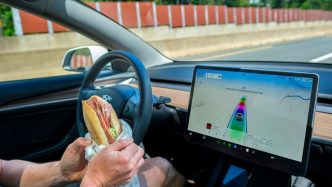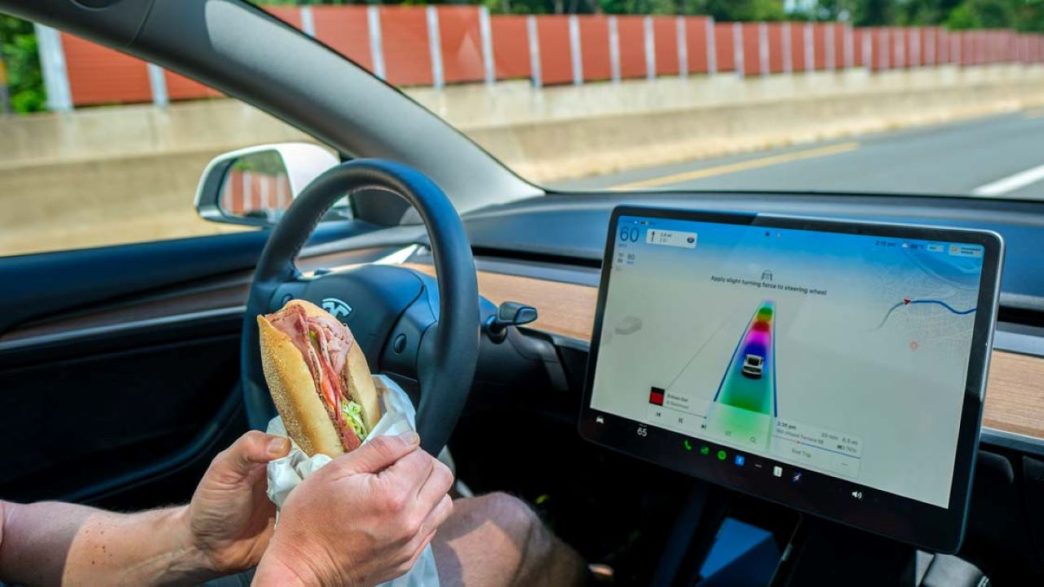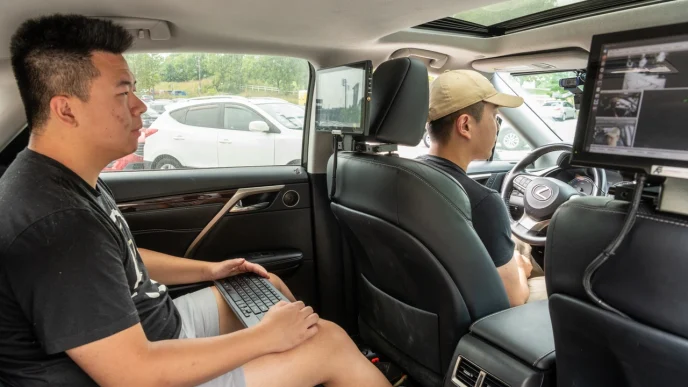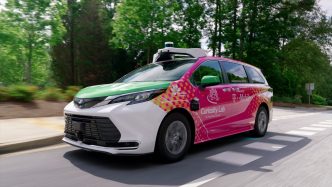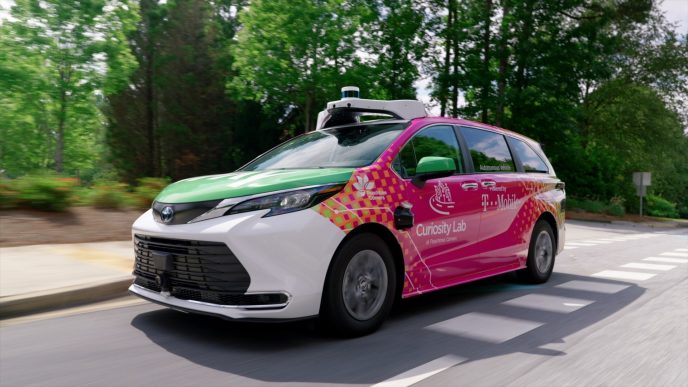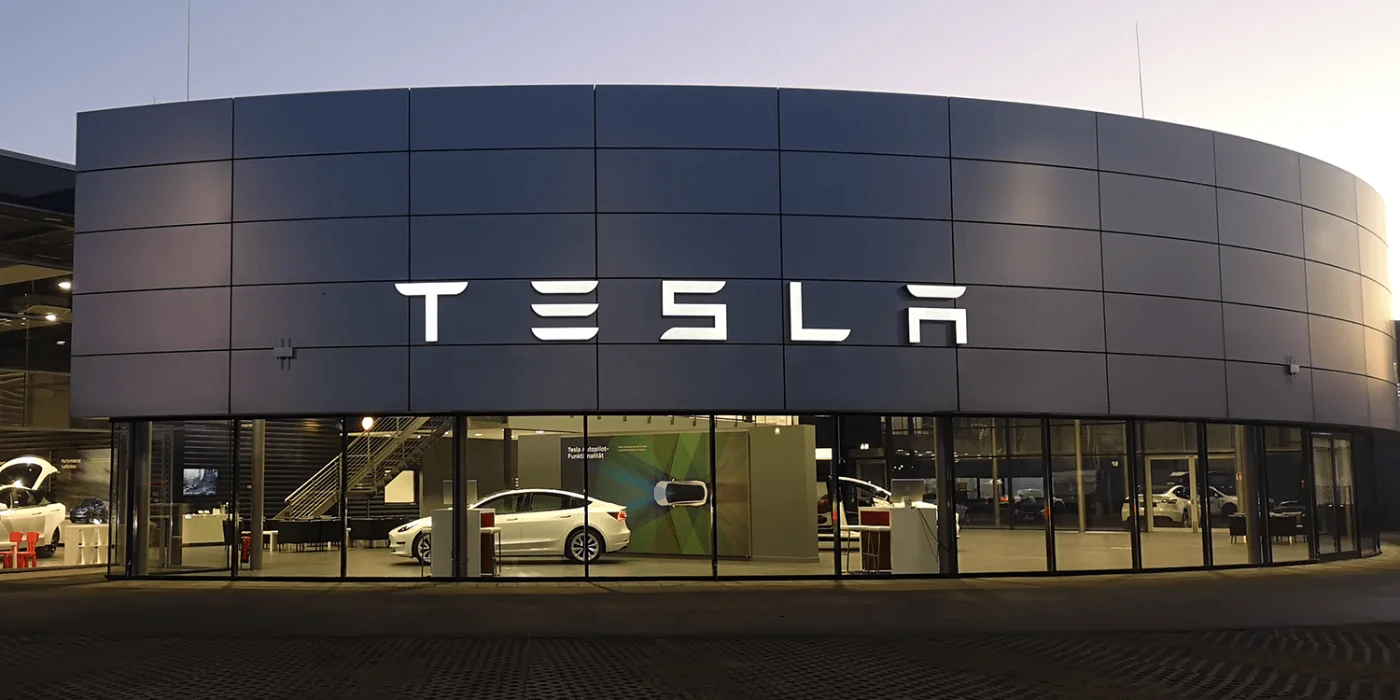A new study conducted by the Insurance Institute of Highway Safety (IIHS) highlights growing concerns over driver distraction in vehicles equipped with partial automation systems. The research found that drivers using these technologies, such as Volvo’s Pilot Assist and Tesla’s Autopilot, were significantly more likely to engage in non-driving activities, including eating and checking their phones, even when the systems required their attention.
In the first part of the study, researchers observed the behavior of 29 drivers in a 2017 Volvo S90, which features Pilot Assist technology. This system helps maintain speed and keep the vehicle within its lane, while drivers are still required to keep their hands on the wheel. The study aimed to compare distraction levels between drivers using the automated system on highways and those driving without assistance.
The findings were clear: drivers were distracted for over 30% of the time while using the system. According to the IIHS, this level of distraction increased the more frequently drivers used the automation. The study builds on previous research from 2020, which indicated that drivers tend to become complacent and less focused as they become accustomed to partial automation technologies.
The second part of the research focused on Tesla’s Autopilot system, specifically examining driver behavior over a month in a 2020 Tesla Model 3. Researchers tracked how often the car’s torque sensor, designed to detect whether the driver’s hands were on the steering wheel, triggered reminders to pay attention. Over more than 12,000 miles, the system issued 3,858 warnings, with most drivers responding within three seconds. However, the number of warnings increased weekly, suggesting that drivers were gradually relying more on the automation system and paying less attention to the road.
“These results are a good reminder of the way people learn,” said IIHS President David Harkey. “If you train them to think that paying attention means nudging the steering wheel every few seconds, then that’s exactly what they’ll do.”
The study’s lead author, Alexandra Mueller, Senior Research Scientist at IIHS, emphasized the need for improved safety measures. “Better safeguards are needed to ensure that the behavior change actually translates to more attentive driving,” she said.
The findings come amid ongoing scrutiny of Tesla’s Autopilot system by regulators, including the National Highway Traffic Safety Administration (NHTSA), which is investigating whether the automaker’s recall of two million vehicles in 2022 sufficiently addressed concerns over the effectiveness of Autopilot’s driver warnings and controls.

